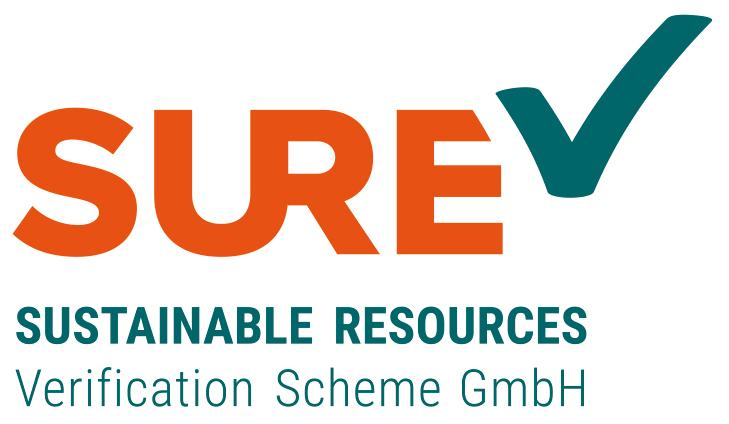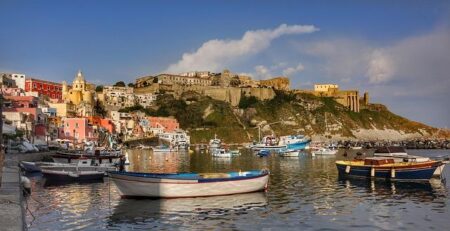Charting a New Pan-African Course: Burkina Faso, Ibrahim TraorĂŠ, and the Nation of the Upright
In an era where the shadows of colonial history still influence political and social realities across Africa, Burkina Faso is embarking on a bold transformation under the stewardship of its youthful leader, Ibrahim TraorĂŠ. Known as the “Land of the Upright,” this West African nation is redefining its path amid ongoing security challenges and economic instability. TraorĂŠâs presidency signals a renewed commitment to Pan-African idealsâprioritizing sovereignty, unity, and self-relianceânot only for Burkina Faso but as a model for regional cooperation. This article explores his strategic vision within historical and socio-political frameworks while assessing how his leadership could impact broader African solidarity movements. As Burkina Faso navigates this critical juncture, its experience may illuminate pathways for other countries striving toward autonomy and collective progress.
Ibrahim TraorĂŠâs Leadership: Reimagining Burkina Fasoâs Role in Africa
Following recent political shifts in Burkina Faso, Ibrahim TraorĂŠ has emerged as a transformative figure intent on reshaping national priorities through an assertive Pan-African lens. His agenda centers on reinforcing independence by addressing three core pillars:
- Enhancing Security: Confronting persistent threats from extremist groups that destabilize not only Burkina Faso but neighboring states.
- Economic Sovereignty: Encouraging domestic production capabilities to diminish reliance on external powers.
- National Unity: Bridging ethnic divides to cultivate cohesive social fabric essential for sustainable development.
Beyond internal reforms, TraorĂŠ envisions strengthening ties with fellow African nations through collaborative frameworks aimed at mutual prosperity and stability. The following table outlines key initiatives proposed under his administration to foster continental integration:
| Program | Main Goals |
|---|---|
| West African Security Coalition | Create joint task forces to combat terrorism effectively. |
| African Continental Trade Network | Expand intra-Africa commerce by improving infrastructure connectivity. |
| Cultural Heritage Exchange Initiative | Promote shared traditions to reinforce pan-continental identity. |
Through these efforts, Ibrahim TraorĂŠ positions Burkina Faso not merely as a nation confronting internal crises but as an emerging beacon advocating for African unity grounded in self-determination.
Youth Empowerment: Catalysts of Africaâs Renewed Identity in Burkina Faso
The younger generation in Burkina Faso plays an instrumental role in redefining what it means to be part of a united Africa today. Inspired by leaders like TraorĂŠ who embody youthful vigor themselves, they are challenging outdated narratives shaped by colonialism and economic dependency. Instead, they champion themes such as solidarity across diverse cultures and proactive engagement with contemporary issues facing their continent.
This youth-led renaissance manifests through various channelsâfrom grassroots mobilizations promoting cultural pride to digital activism amplifying calls for cooperation among nations facing similar hurdles like climate change or governance challenges. For instance, recent campaigns have spotlighted environmental conservation alongside entrepreneurship programs designed specifically for young Africans eager to innovate locally.
Key principles driving this movement include:
- Cultural Pluralism: Celebrating diversity while uniting around shared aspirations;
- Sustainable Development Awareness: Advocating policies that balance ecological preservation with economic growth;
- Youth-Led Innovation: Prioritizing education reform coupled with support systems fostering startups rooted in local contexts.
By weaving these elements together into robust networks transcending bordersâfrom Ouagadougou’s urban centers to rural communitiesâthe youth are laying foundations for an inclusive Pan-African future reflective of modern realities yet respectful of ancestral legacies.
Strategic Pathways Toward Sustainable Progress in Burkina Faso
To secure long-term resilience amid evolving global dynamicsâand regional instabilityâBurkina Faso must adopt comprehensive strategies emphasizing sustainability at their core:
The country boasts significant solar energy potential; thus, investing heavily in renewable power infrastructure can electrify underserved areas while curbing carbon emissions significantly.This aligns with global trends where solar capacity installations across Sub-Saharan Africa surged over 40% between 2020â2023 according to IRENA reports.
Agricultural modernization remains equally vital. Implementing eco-friendly farming techniques such as agroforestry or organic cultivation will enhance food security while restoring soil fertilityâa crucial buffer against climate volatility affecting Sahelian zones frequently hit by droughts.Recent studies confirm these methods improve yields sustainably without degrading ecosystems over time.
The government should also prioritize educational programs focused on environmental stewardship combined with vocational training tailored toward green industriesâempowering citizens directly involved in resource management decisions. Eco-tourism offers another promising avenue; leveraging natural parks alongside cultural heritage sites can generate revenue streams supporting both conservation efforts and community livelihoods simultaneously.
A multi-stakeholder approach involving public institutions collaborating closely with NGOs plus local leaders will be indispensable when designing policies ensuring equitable benefits distribution throughout societyâall aligned under Burkinabè aspirations articulated clearly within national development plans targeting 2030 goals set forth by ECOWAS frameworks.
Looking Ahead: Embracing A Bold Pan-African Future For Burkina Faso
At this defining moment marked by both uncertainty and opportunity, Ibrahim TraorĂŠ’s leadership embodies hope rooted deeply within Burkinabè resilienceâthe famed âuprightnessâ symbolizing integrity amidst adversity. By embracing principles anchored firmly in Pan-Africanismâsovereignty reaffirmation coupled with cross-border collaborationâBurkina Faso aims not just at overcoming immediate obstacles but forging enduring pathways toward dignity-driven growth.
The nation’s trajectory resonates far beyond its borders; it reflects wider continental ambitions seeking emancipation from lingering neo-colonial influences while nurturing homegrown solutions adapted uniquely per context. As observers worldwide watch closely how these reforms unfold within one of West Africa’s most dynamic societies,the lessons learned here could inspire similar transformations elsewhere across Africa striving towards collective empowerment.
In rewriting its narrative boldly yet thoughtfully,Burkina Faso stands poised at the forefrontâa testament that even amidst complex challenges,a united vision fueled by determined leadership can ignite meaningful change throughout our interconnected continent known proudly today as âthe Land of the Upright.â







